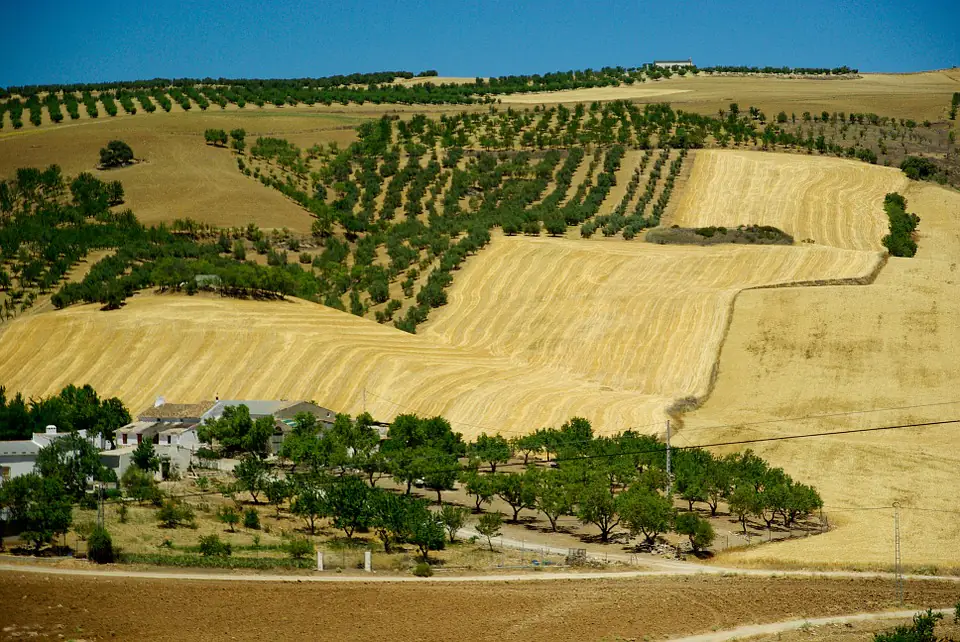YESclima – Young experts for climate-friendly schools in Mediterranean countries
The project is completed. The objective of the YESclima project was to train young energy experts to carry out energy audits in primary schools and to provide advice to the municipalities involved in the project. Through further training and the provision of practical experience, the project intended to improve the labor market opportunities of the young professionals and at the same time contribute to reducing emissions from heating and air conditioning systems in public buildings.
Awareness Energy Efficiency Energy Transition and Climate-Neutral Buildings Municipalities

Project info
Germany, Greece, Spain
09/18 - 12/20
-
319,579.00 €
Contact info
Francisco José Sánchez de la Flor
- Energy Agency of Cádiz
- Naturschutzzentrum Ökowerk Berlin e.V
- SFZ Sekretariat für Zukunftsforschung
- Wind of Renewal
Project
In Greece and southern Spain, among the many unemployed are young professionals who already have qualifications in energy saving and renewable energies. At the same time, there is still much to be done in this area in particular. As part of the project, young experts were trained to carry out comprehensive energy audits, taking into account economic aspects. In particular, participants were to learn how passive heating and air conditioning systems in schools should be planned, sized and evaluated. In doing so, the project aimed to achieve the following practical effects: 1. improvement of the indoor climate and thermal comfort for teachers and students. 2. energy savings in the heating and air conditioning of buildings and thus cost savings for the municipal school authorities as well as a reduction in CO2 emissions caused by school operations. 3. raising awareness among the participating municipalities and, in particular, the schools themselves of the urgent need to save energy and to generate the required energy in a climate-neutral manner. 4. strengthening measures to qualify previously unemployed young people so that they can work in occupations with which they can earn a living and contribute to the climate-friendly transformation of the energy supply.

Background
Natural heating and air-conditioning technologies consume less energy and are often less expensive. However, many school buildings in Spain and Greece are still equipped with costly and energy-intensive air conditioning systems rather than climate-friendly technology. Most schools need technical and energy upgrades because they are poorly insulated, making them too cold in winter and too hot in summer. New, climate-friendly solutions such as ecological air conditioning are rarely used. In general, a lot of energy is wasted in buildings and through heating technology.
State of Results
- Material for a curriculum of 3 modules (1. Energy, 2. Economy, 3. Entrepreneurship) with a total duration of 200 hours of teaching material was gathered and developed.
- 22 young people, 11 in Spain and 11 in Greece, have received advanced training on energy saving in buildings (6-months training course). Part of the training has also been preparing them to start their own “green” businesses.
- 2-week study trip for each Trainee group to Berlin, to learn about projects and buildings applying climate-friendly techniques, which may be promising to be used in the Southern European regions, too.
- Throughout the YESclima project, energy audits have been carried out in 22 primary schools in Spain and Greece. As a result of these audits, measures have been proposed to save energy, improve living conditions and promote renewable energy.
- To raise energy awareness, various activities have been carried out to disseminate the YESclima project, such as: talks to students in primary schools, meetings with political and technical leaders of the municipalities, appearances in the press and on local television, etc.
Last update: July 2024
